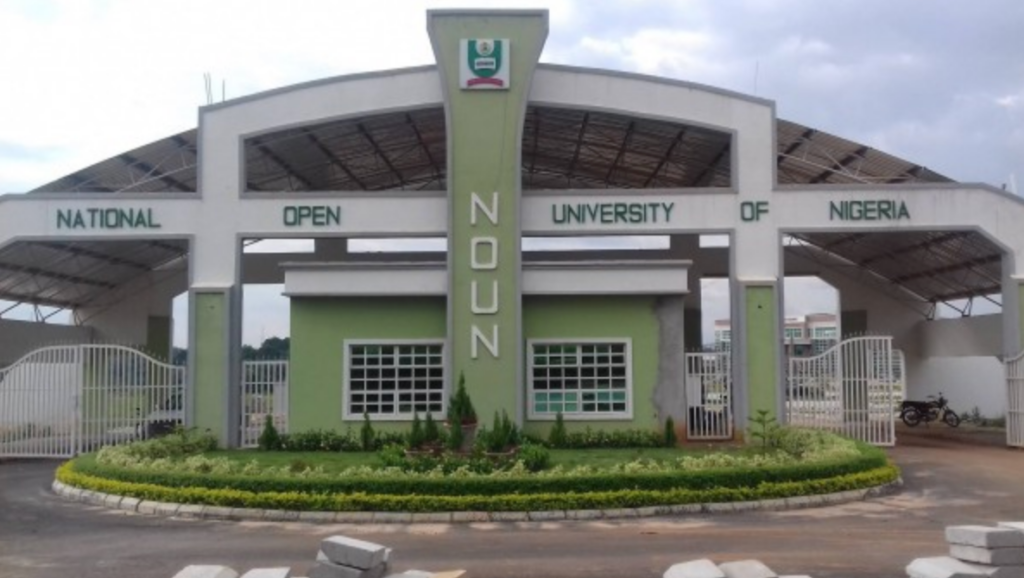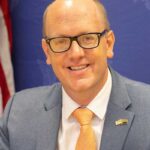 • Firm launches solar-powered cold storage facility in Enugu
• Firm launches solar-powered cold storage facility in Enugu
The United States (U.S.) Consul General in Lagos, Will Stevens, has said that Nigeria loses about $9 billion yearly to post-harvest waste due to inadequate cold storage, agro-processing and transportation infrastructure.
The U.S. top diplomat in Nigeria disclosed this during the commissioning of a solar-powered cold storage facility in Enugu, commending Manamuz Electric, a company run by a Mandela Washington Fellow, Uzo Mbamalu, for successful execution of the project.
Stevens, who spoke virtually during the launch, noted that Mbamalu is one of 12,000 Nigerians who have participated in U.S. government exchange programmes. He, therefore, expressed delight that Mbamalu was able to use his six-week exchange experience at the University of Nevada-Reno to forge connections that are now benefiting his local community.
He noted that since Mbamalu returned to Nigeria in 2018, he had maintained close contact with the university’s College of Business, leading them to provide technical and business advisory support to launch this project. The U.S. top diplomat in Nigeria also disclosed that the project was further supported by a grant from the U.S. Africa Development Foundation.
Stevens disclosed that Nigeria loses nearly $9 billion yearly to post-harvest waste, due to inadequate cold storage, agro-processing and transportation infrastructure. He, therefore, affirmed that the commissioning of the solar-powered cold storage systems in Enugu would provide a reliable and cost-effective preservation option for agricultural stakeholders.
He said: “In Nigeria, as in other emerging economies, infrastructure is critical to driving inclusive and sustainable economic growth and development.
“Infrastructure connects workers to good jobs; allows businesses to grow and thrive, and creates opportunities for all segments of society, including underserved communities.
“Meeting infrastructure needs across Nigeria requires a wide range of public and private financing options. No one country can do it alone, and that is why the U.S. is investing in Nigeria’s economic success through private sector engagement, coupled with targeted government support.”
He noted that the launching of the solar-powered cold storage facility is just one example of how the U.S. government is partnering with federal and state government agencies and businesses to promote food security in Nigeria.
He added: “Last month, alongside our partners in the Nigerian agricultural value chain, we launched the U.S. government’s Global Food Security Strategy Country Plan for Nigeria that aims to boost agriculture productivity and drive agriculture-led economic growth.
“In the last five years, the U.S. Agency for International Development, or USAID, has invested almost $200 million in agriculture to improve food security and build household resilience across Nigeria.”













